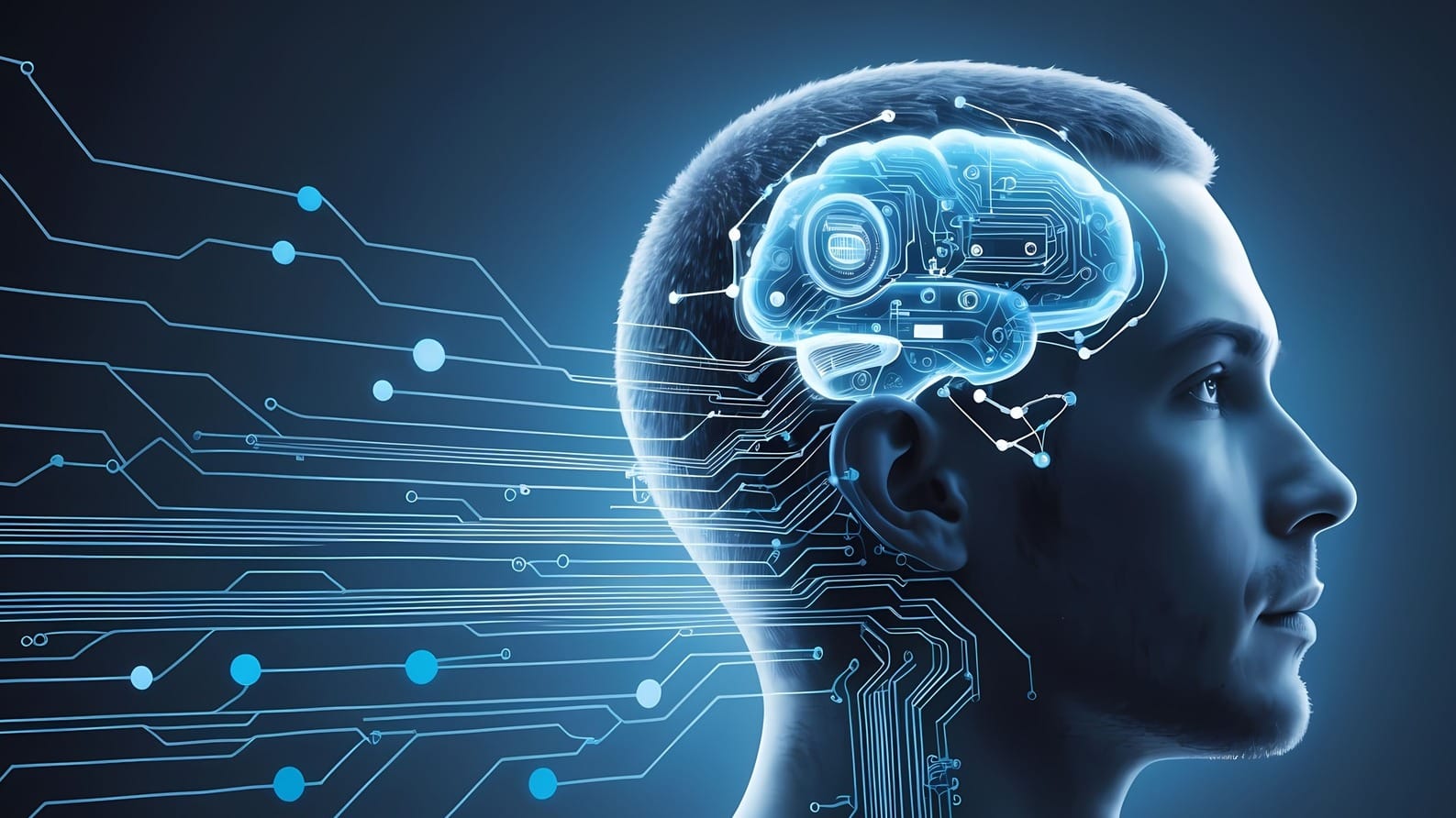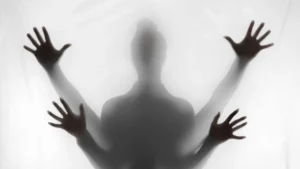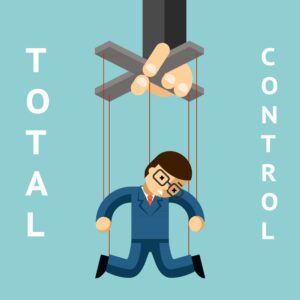Consciousness: The Mystery Beyond Brains
For centuries, philosophers and scientists have grappled with this ultimate mystery. What is it? Where does it come from? How does a collection of brain cells give rise to the rich tapestry of our subjective experience? In the vast landscape of psychology, few topics spark as much debate, wonder, and rigorous scientific inquiry as consciousness. It’s the inner theatre of our minds, the private realm where we experience reality, and understanding it is arguably the greatest challenge facing modern science.
What Exactly is Consciousness?
Before we dive deep, let’s try to pin down what we mean by consciousness. It’s tricky because, unlike a physical object, you can’t point to it directly. Yet, we all know we have it.
At its core, consciousness refers to our state of being aware of our internal and external existence. It’s the ability to perceive, feel, think, and be aware of oneself. Think of it in a few key dimensions:
Awareness: This is the most basic aspect. It’s simply being awake and able to respond to stimuli. Are you aware of the sound of my typing? That’s basic awareness.
Subjectivity: This is where it gets really interesting. Your experience of reading these words is uniquely yours. No one else can feel your feelings or perceive exactly what you perceive. This private, first-person perspective is a hallmark of consciousness.
Self-awareness: Beyond just being aware, we often have a sense of ourselves as distinct individuals. We know we are the ones experiencing things, remembering things, planning things. This “I” or “me” is a higher level of consciousness.
Qualia (The “What It’s Like” Aspect): This is perhaps the hardest part to explain. Why does red look red? Why does pain feel painful? These raw, irreducible subjective experiences are called “qualia.” We can describe the physics of light that makes something red, but that doesn’t explain the experience of seeing red. This is often referred to as the “hard problem of consciousness.”
Throughout the history of psychology, different schools of thought have approached this definition from various angles. Early Structuralists tried to break it down into basic elements, while Behaviorists largely dismissed it as unobservable. Today, cognitive psychology and neuroscience are leading the charge, looking at brain activity and cognitive processes.
Where Does Consciousness Reside?
One of the most active areas of research in consciousness involves identifying its neural correlates – the specific brain activities or structures associated with conscious experience. It’s not as simple as finding a single “consciousness switch” in the brain; instead, it appears to be an emergent property of complex interactions.
Neuroscientists are exploring various theories:
Integrated Information Theory (IIT): This fascinating theory, proposed by Giulio Tononi, suggests that consciousness arises from a system’s ability to integrate information and form a single, unified experience. The more complex and interconnected the information a system can process and integrate, the more conscious it is. This is measured by a theoretical quantity called “phi.”
Global Workspace Theory (GWT): Bernard Baars’s theory suggests that consciousness acts like a “global workspace” in the brain. Information from various specialized, unconscious processors (like vision, hearing, memory) becomes available to a wider network, allowing for widespread communication and a unified, conscious experience. Think of it as a central stage where information is broadcast for all other parts of the brain to access.
Predictive Processing: Some theories propose that the brain is constantly making predictions about the world and then updating those predictions based on sensory input. Consciousness might be the result of this ongoing process of prediction and error correction, creating our model of reality.
We know that certain brain regions are heavily involved. The thalamus, a relay station for sensory information, and the prefrontal cortex, involved in planning and decision-making, are often highlighted. Damage to these areas can severely impair or eliminate consciousness. However, it’s the dynamic interplay between many brain areas, rather than one specific spot, that seems to give rise to our conscious experience.
Altered States: When Consciousness Shifts Gears
Our everyday waking consciousness is just one state among many. Think about when you:
Sleep and Dream: While asleep, our awareness of the external world diminishes, but during dream states, we experience vivid, often bizarre, inner realities. Brain activity during REM sleep (when most dreaming occurs) can be remarkably similar to waking states, yet our subjective experience is entirely different.
Meditate: Through focused attention and mindfulness practices, individuals can achieve states of deep calm, heightened awareness, or even feelings of unity and transcendence. This deliberate manipulation of attention can profoundly alter conscious experience.
Experience Hypnosis: In a hypnotic state, a person can become highly suggestible, their perceptions and memories potentially altered. This highlights how our beliefs and expectations can profoundly shape our conscious reality.
Are Under the Influence of Psychoactive Substances: Drugs like psychedelics can dramatically alter sensory perception, thought processes, and the sense of self, offering a glimpse into the brain’s vast capacity to generate different conscious realities.
These altered states aren’t just curiosities; they offer valuable windows into the mechanisms of consciousness. By studying how the brain functions during these different states, researchers can gain clues about the underlying neural basis of our ordinary waking experience.
For instance, my own experience with lucid dreaming – becoming aware that I’m dreaming within the dream itself – offers a fascinating, albeit fleeting, insight into the brain’s capacity for meta-awareness, a higher level of consciousness where you’re aware of your own awareness. It’s like having a backstage pass to your own mind!
The Philosophical Abyss: The “Hard Problem” and Free Will
Beyond the biological mechanisms, consciousness plunges us into deep philosophical waters. The “hard problem of consciousness,” coined by philosopher David Chalmers, asks: Why and how does physical matter give rise to subjective experience? We can explain the neural processes that occur when you see red, but we still don’t know why it feels like anything at all to see red. It’s the gap between the physical brain and the qualitative experience.
This ties into the age-old debate about free will. If our brains are just complex machines following physical laws, are our choices truly free, or are they predetermined? While some argue that consciousness is merely an “epiphenomenon” – a byproduct of brain activity with no causal power – others believe it plays an active role in shaping our decisions and actions. This debate continues to fuel much of the research in cognitive psychology and neuroscience.
Consider the simple act of choosing what to eat for dinner. From a purely mechanistic perspective, one might argue that your choice is the result of a cascade of neural firings, influenced by past experiences, current hunger levels, and even gut microbiome signals. But from a subjective perspective, you feel like you are freely choosing the pasta over the salad.
Bridging this gap is one of the most exciting, and frustrating, frontiers in understanding consciousness.
Artificial Consciousness: The Future Frontier?
As technology advances, particularly in the realm of Artificial Intelligence, a new question looms large: Can machines become conscious? If consciousness is simply a complex form of information processing and integration, as some theories suggest, then theoretically, a sufficiently advanced AI could achieve it.
However, replicating the experience of consciousness is far more challenging than replicating intelligence. An AI can beat the world’s best chess players or write poetry, but does it know what it’s like to win or to create? Does it have qualia? This is where the debate gets heated.
Many believe that without a biological substrate, true subjective experience might be impossible for machines. Others argue that if we can fully understand the computational principles underlying consciousness, we might be able to replicate them in non-biological systems.
For now, AI can simulate aspects of intelligence and even mimic human-like interaction, but the jury is still out on whether it can achieve genuine awareness, subjectivity, and the ability to feel what it’s like to be an AI. This ethical and scientific frontier will undoubtedly shape the future of psychology and our understanding of what it means to be alive.
Conclusion
The study of consciousness is perhaps the most audacious undertaking in modern psychology. It requires insights from neuroscience, philosophy, computer science, and even quantum physics. While we’re still far from a complete answer, each new discovery, each new theory, brings us a step closer to understanding the grand enigma that defines our existence.
Whether it’s unraveling the brain’s neural networks, exploring the depths of meditative states, or pondering the implications of artificial intelligence, the quest to comprehend consciousness is fundamentally a quest to understand ourselves. It’s a journey into the very essence of what makes us human – our unique ability to perceive, to feel, to think, and to be profoundly aware of it all.
What are your thoughts on this profound topic? Do you believe consciousness is purely a product of the brain, or something more? Share your insights and join the conversation about the ultimate mystery of the mind!
Also explore our Psychology Series.
Other Must Read:




